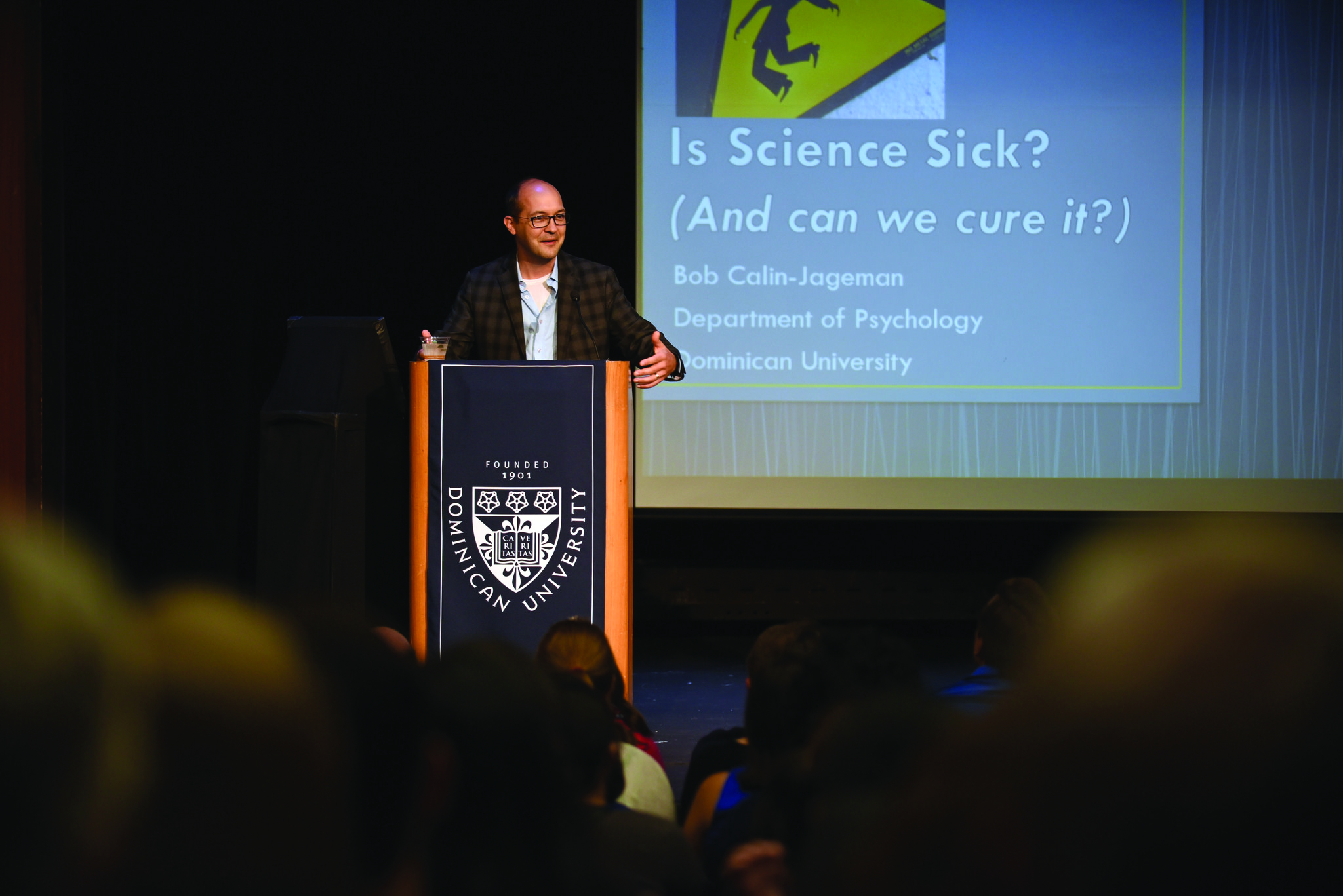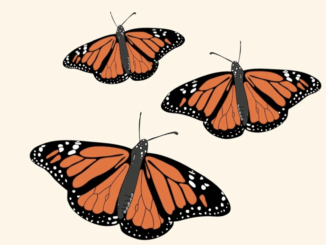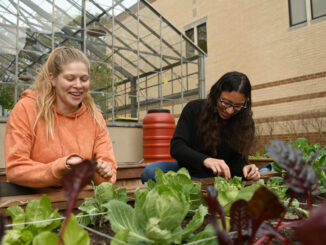
September 20, 2016
By Emily Lapinski
This past year has not been great for science in terms of media coverage. There have been multiple articles criticizing research studies from a variety of journals. In his lecture, Dr. Robert Calin-Jageman discusses this problem and how, while there do need to be changes in both production and perception, there is hope.
Martin Recital Hall was packed, standing room only, for this year’s Lund-Gill Lecture that took place Sept. 7. Students, faculty, staff and members of the community filled the seats thrilled to have one of their own standing at the podium.
Calin-Jageman, professor of psychology and director of the interdisciplinary neuroscience program, explored the successes and failures that have emerged from scientific research and discoveries, which have led to a variety of controversial discussions both on the problem and how to fix it. He reviewed some of the evidence and sparked a similar discussion within the Dominican community.
“I’ve told you some depressing stuff about science,” Calin-Jageman said. “It’s not working as well as it should but that’s also strangely kind of normal for science. We always aspire for it to be better. It’s normal that we look at it, assess it and constantly try to improve.”
Calin-Jageman is involved in overseeing and organizing student research in both neuroscience and psychology labs. Twenty of his students have been published in peer-reviewed journals and his own research on learning and memory has received significant grant support from the National Institutes of Health.
Attendees seemed to be impressed with the caliber of the lecture and the impact the information had.
Senior John Mysz said, “It’s always great to hear Dr. Bob speak. I’m not surprised so many people came out. He’s definitely someone you don’t want to miss.”
Fellow psychology faculty member, Tracy Caldwell, who helped introduce Calin-Jageman said, “Dr. Bob’s talk was accessible, entertaining and important. I considered his demo on how small samples often misrepresent effects in the population to be one of the highlights. It justified his argument that it’s often better to not do science at all rather than to do bad science.”
The Lund-Gill honors course that mirrors the topics discussed in the lecture will be offered sometime during the next school year (2017-2018).
After exploring the problems and providing solutions, Calin-Jageman left the crowd feeling hopeful.
“Don’t panic,” he said. “In the long run, science tends to get things right and will keep improving.”
lapiemil@my.dom.edu



